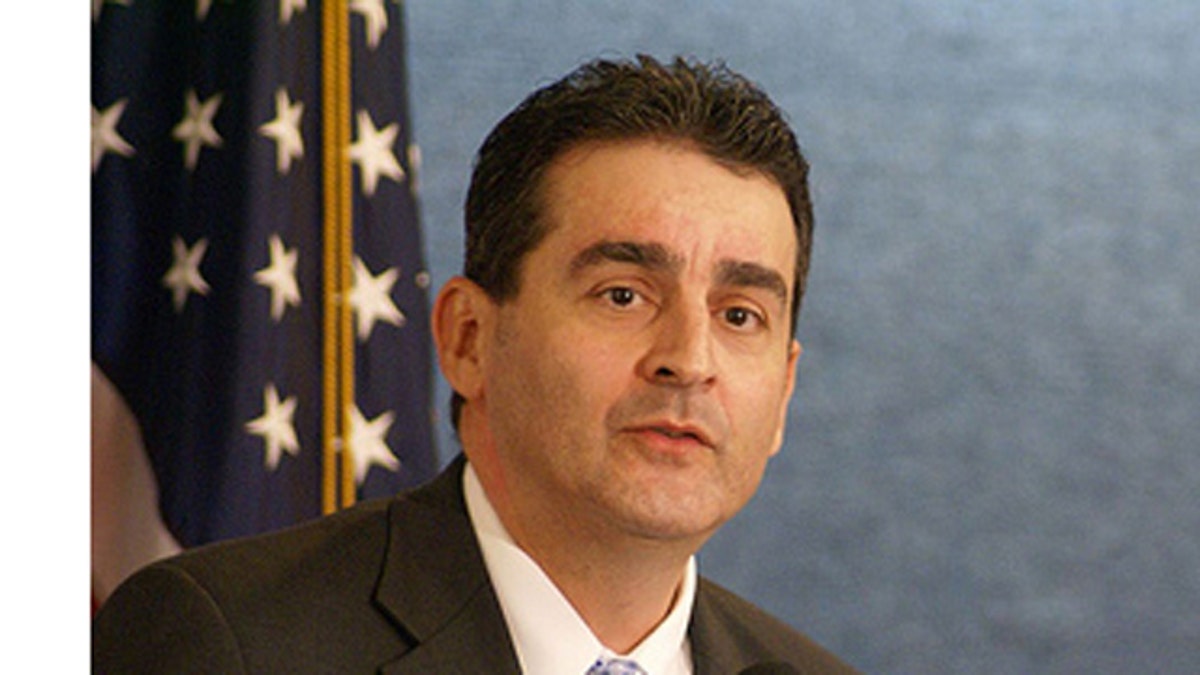
Joxel García is the President and Dean of the Ponce School of Medicine and Health Sciences in Ponce, Puerto Rico.
Authorities in Germany announced today that the number of deaths associated to the E. Coli outbreak has reached 27 people and over 2800 have been infected, including over 700 people with severe symptoms. The principal challenges to the German public health authorities are to identify the origin of this new public health crisis and to stop the infections in the population. Originally believed to have been associated to cucumbers from Spain, and later to lettuce and tomatoes also from Spanish farms; those claims as well as the association to homegrown organic sprouts have now been ruled out or not proven yet.
The bacterium Escherichia coli (E. coli) is commonly found in the gut of humans and warm-blooded animals and, most of the time, the different strains or varieties of these bacteria are harmless to humans. However, entero-haemorrhagic E. coli (EHEC) can cause severe foodborne disease through contaminated food.
The symptoms are varied and can be limited to nausea, vomiting and diarrhea, or worsen into hemolytic uremic syndrome (HUS) which destroys red blood cells and include seizures and kidney failure, some of which requires long-term treatment. The speed of the onset and the duration of disease vary among the victims.
The Robert Koch Institute (RKI) in Germany is the institution responsible for disease control and prevention in Germany. The RKI has reported that since May the outbreak has caused the HUS in over 700 of people infected. Here in the United States, the Centers for Disease Control and Prevention (CDC) have confirmed one case and identified 3 suspected cases, with no fatalities. All the US cases are associated to persons who recently traveled to Hamburg, Germany.
“The US surveillance systems and food import restrictions will all be on high alert. The risk to Americans here at home is likely very small and the risk to travelers to Europe can be minimized by taking appropriate but not excessive precautions" said Dr. E. Anne Peterson, Research Professor at George Washington University and Director of Public Health at the Ponce School of Medicine & Health Sciences.
"This investigation has shown that the European public health community has not learned the importance of shoe leather epidemiology," said Dr Eric Noji, former head of emergency response at the CDC. “Despite the establishment of a European CDC a few years ago by the EU based on our own CDC to create a cadre of well-trained "disease detectives" to quickly respond to and control exactly this type of public health emergency, it's clear that they have not adequately addressed severe deficiencies in training and education of medical doctors in the European Community”, added Noji.
The German outbreak also highlights the importance of public health crisis and their impact on commerce, trade and economies. “People now recognize that these outbreaks have global implications”, said Dr. S. Ward Casscells, the Tyson Distinguished Professor of Medicine and Public Health, at the University of Texas. Russia and other countries have already banned all fresh produce from the European Union and it should be the principal topic in the EU-Russia summit to take place today in Nizhny, Novgorod. Spanish farmers, who export 25 percent of their vegetables to Germany, on Wednesday gave away over 30 tons of fruits and vegetables to people in Madrid. Earlier in the week, the Minister of agriculture in Spain threatened to sue Germany for the economic damage suffered by the Spanish farmers.
Nevertheless, German authorities and Spanish authorities reached a compromise yesterday where the Germans would help with the promotion of Spanish produce. The EU Farm Commission will send over 300 million dollars to Spanish farmers to help mitigate their losses.
Joxel García is the President and Dean of the Ponce School of Medicine and Health Sciences in Ponce, Puerto Rico. He is a physician and former four-star admiral in the U.S. Public Health Service Commissioned Corps, served as the 13th Assistant Secretary for Health (ASH), U.S. Department of Health and Human Services from 2008 to 2009. During that period he served as the US Representative to the World Health Organization Executive Board.
Follow us on twitter.com/foxnewslatino
Like us at facebook.com/foxnewslatino








































